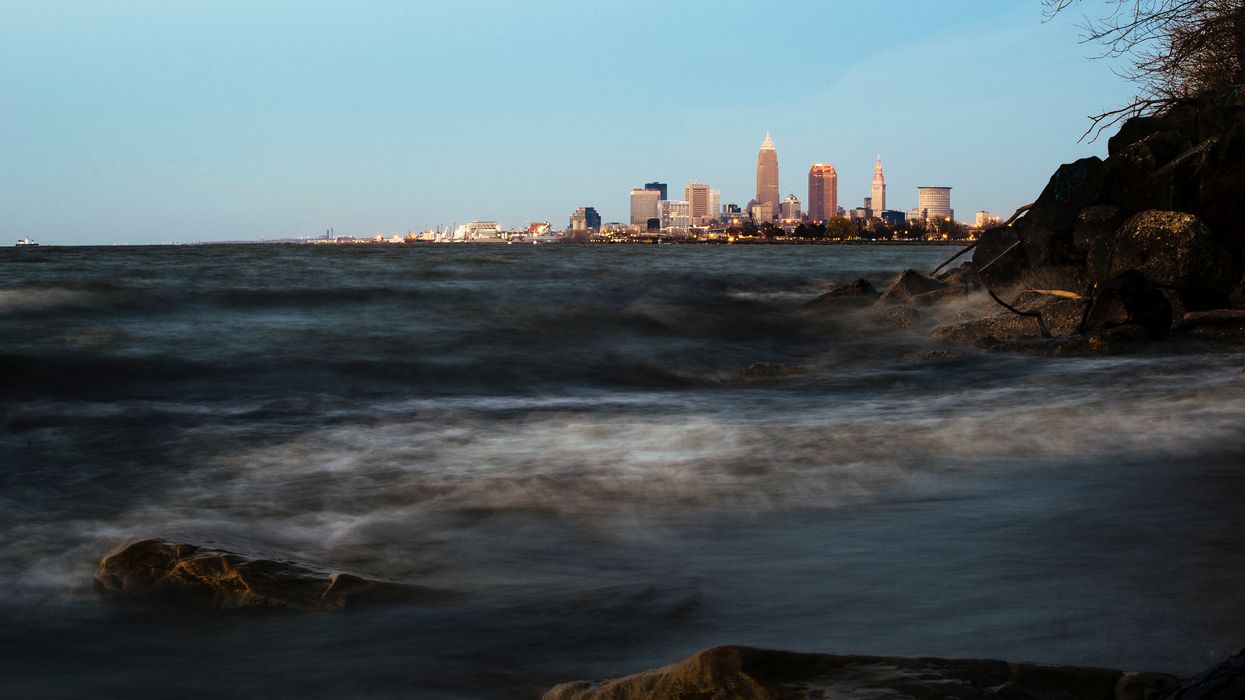
Angelo Merendino/Corbis via Getty Images

Ohioans can now sue if they think that the lake's rights are being violated
Toledo, Ohio, has approved a measure that would give Lake Erie some of the same legal rights as a person.
On Feb. 26, the citizens of Toledo voted by 61 percent to approve a "Lake Erie Bill of Rights." The new law would allow citizens to sue on behalf of this Great Lake if they believe that the lake's rights are being violated.
The text of the legislation says that it "has become necessary" that the citizens of Toledo "reclaim, reaffirm, and assert our inherent and inalienable rights, and to extend legal rights to our natural environment in order to ensure that the natural world, along with our values, our interests, and our rights, are no longer subordinated to the accumulation of surplus wealth and unaccountable political power."
In a news release commemorating the event, the Community Environmental Legal Defense Fund, which helped draft the legislation said that this was "the first rights-based law in the United States that specifically acknowledges the rights of a distinct ecosystem, securing the Lake's rights to exist, flourish, and naturally evolve."
CELDF said that this was "in accord" with the Rights of Nature movement who led, among other things, to New Zealand granted the Te Urewera forest personhood in 2014.
Local farmers see this legislation as an attack on their livelihood.
"The Charter Amendment is an unconstitutional and unlawful assault on the fundamental rights of family farms in the Lake Erie watershed – like the Drewes' 5th generation family farm," Thomas Fusonie, a lawyer for the Drewes family told the Sandusky Register. Fusonie has filed a lawsuit on behalf of the Drewes family for what he described as an "unconstitutional assault."
According to the lawsuit, the Lake Erie Bill of Rights would prevent them from fertilizing their fields.
While the lawsuit says that Drewes Farm only fertilizes in accordance with "Ohio law, best practices, [and] scientific recommendations," and that it has been "recognized as a leader in implementing new methods to both reduce the amount of fertilizer used and to reduce runoff from its fields," but that it cannot promise that there won't be any runoff.
United Press International reported that some of the impetus for granting the lake legal status came after a 2014 explosion of toxic algae in the lake, which made the water unsafe to drink. This was blamed on runoff from nearby farms that used chemical fertilizer.